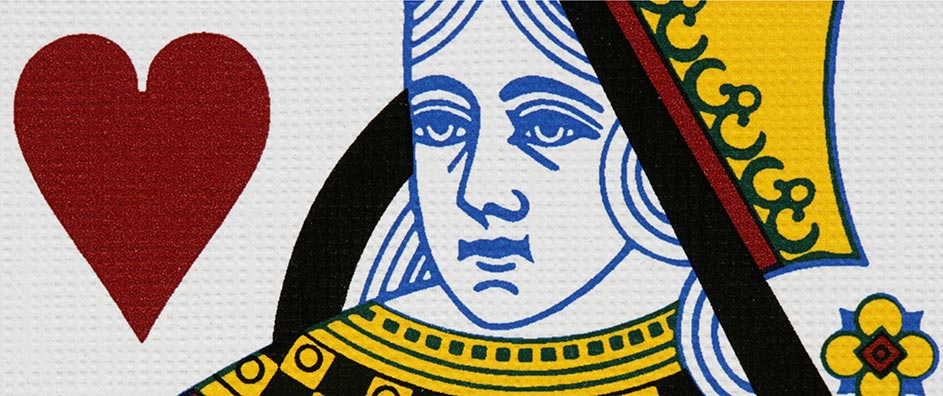The views expressed in our content reflect individual perspectives and do not represent the authoritative views of the Baha'i Faith.
My sister Jordis never had any interest in fame, wealth, worldly power or position.
Instead she aspired to a higher, much more spiritual goal – to be a collector of hearts. When Jordis met a person (I know this because we talked about it many times) she always silently asked herself this set of internal questions:
“How can I serve you?
“What can I do to make your life happier?
“Can I find a way to make your day better?
“Can we, together, discover some spiritual insight that will resonate with both of us?
“Is there something, anything I can humbly give you, a gift of laughter and listening and love and caring and compassion, which will lighten your load and raise your spirits?”
Jordis reflected on these heartfelt, selfless questions constantly. She put enormous hard work and thought and love and spiritual energy into her relationships. Everyone she met knows exactly what I’m talking about. She loved with a ray of the Great Love. She lit the lamp of everyone’s enthusiasm with her own boundless happiness, optimism and grace, and she worked hard not to succumb to the contemporary epidemic of coolness and cynicism. She truly felt your deepest emotions and responded with her own. When you were Jordis’ friend, you were enfolded in a warm embrace of absolute acceptance and clear intention. You were truly loved. Jordis—the Queen of Leaves, we called her as a child—became the Queen of Hearts.
Remember the Beatles lyric: “The love you take is equal to the love you make?” That was my sister, who made enormous quantities of love and received even more in return.
So her loss, her death from brain cancer at such a young and unexpected age, meant that many, many people deeply grieved, feeling that they had lost their greatest and dearest friend.
I had to give Jordis’ eulogy at her funeral, and I had a hard time getting through it. Tears—my own and everyone else’s—flowed liberally. I counted more than a hundred people who told me “She was my best friend.” To this day I can’t imagine a better tribute.
 But her cancer taught the Queen of Hearts that mortal life fades away, roses lose their petals and only thorns remain, leaves change color and fall, and beauty and youth live their day and then pass on. She understood that everything physical dies, but the spiritual life of a great soul endures eternally. Its splendor does not fade and its glory lasts forever, its attraction infinite and immortal. Enlightenment of the heart and the heavenly majesty it brings about cannot perish. That spiritual distinction will abide everlastingly, in a realm beyond the understanding of our limited, worldly knowledge.
But her cancer taught the Queen of Hearts that mortal life fades away, roses lose their petals and only thorns remain, leaves change color and fall, and beauty and youth live their day and then pass on. She understood that everything physical dies, but the spiritual life of a great soul endures eternally. Its splendor does not fade and its glory lasts forever, its attraction infinite and immortal. Enlightenment of the heart and the heavenly majesty it brings about cannot perish. That spiritual distinction will abide everlastingly, in a realm beyond the understanding of our limited, worldly knowledge.
So, yes, we wept a great weeping at my sister’s funeral, all of us, for our loss. I still weep. And like everyone who loses such a treasured soul, we each asked ourselves how God could leave us so bereft. Our sadness, the great depth of pain and bereavement and privation human beings universally experience when a loved one passes out of this world, feels like a deep wound that will never heal.
Death makes us question providence. We wonder how life could seem so cruel. We cry “Why me?” We mourn the seeming disappearance of love. Some people even sink into depression and misery.
My sister and I had long talks about that kind of grief. She hoped, like most good people facing death do, that those left behind in this material world would see her passing as a simple transfer from one reality to the next. This quote from Abdu’l-Baha, one of her favorites, uses a beautiful metaphor to transmit the Baha’i teachings on the reality of death:
The inscrutable divine wisdom underlieth such heart-rending occurrences. It is as if a kind gardener transferreth a fresh and tender shrub from a confined place to a wide open area. This transfer is not the cause of the withering, the lessening or the destruction of that shrub; nay, on the contrary, it maketh it to grow and thrive, acquire freshness and delicacy, become green and bear fruit. This hidden secret is well known to the gardener, but those souls who are unaware of this bounty suppose that the gardener, in his anger and wrath, hath uprooted the shrub. Yet to those who are aware, this concealed fact is manifest, and this predestined decree is considered a bounty. – Abdu’l-Baha, Selections from the Writings of Abdu’l-Baha, pp. 199-200.
My selfless sister wanted her passing to be a bounty; to make people happy for her. Instead, most of us selfishly felt our own loss so acutely that we had a hard time recovering.
This great test in life, perhaps the greatest one any of us will ever face, can terribly try our souls. The death of another, especially one we love with all our hearts, sometimes seems absolutely unbearable. But Jordis understood that love doesn’t die – it just gets transplanted by a wise gardener.
















Comments
Sign in or create an account
Continue with Googleor